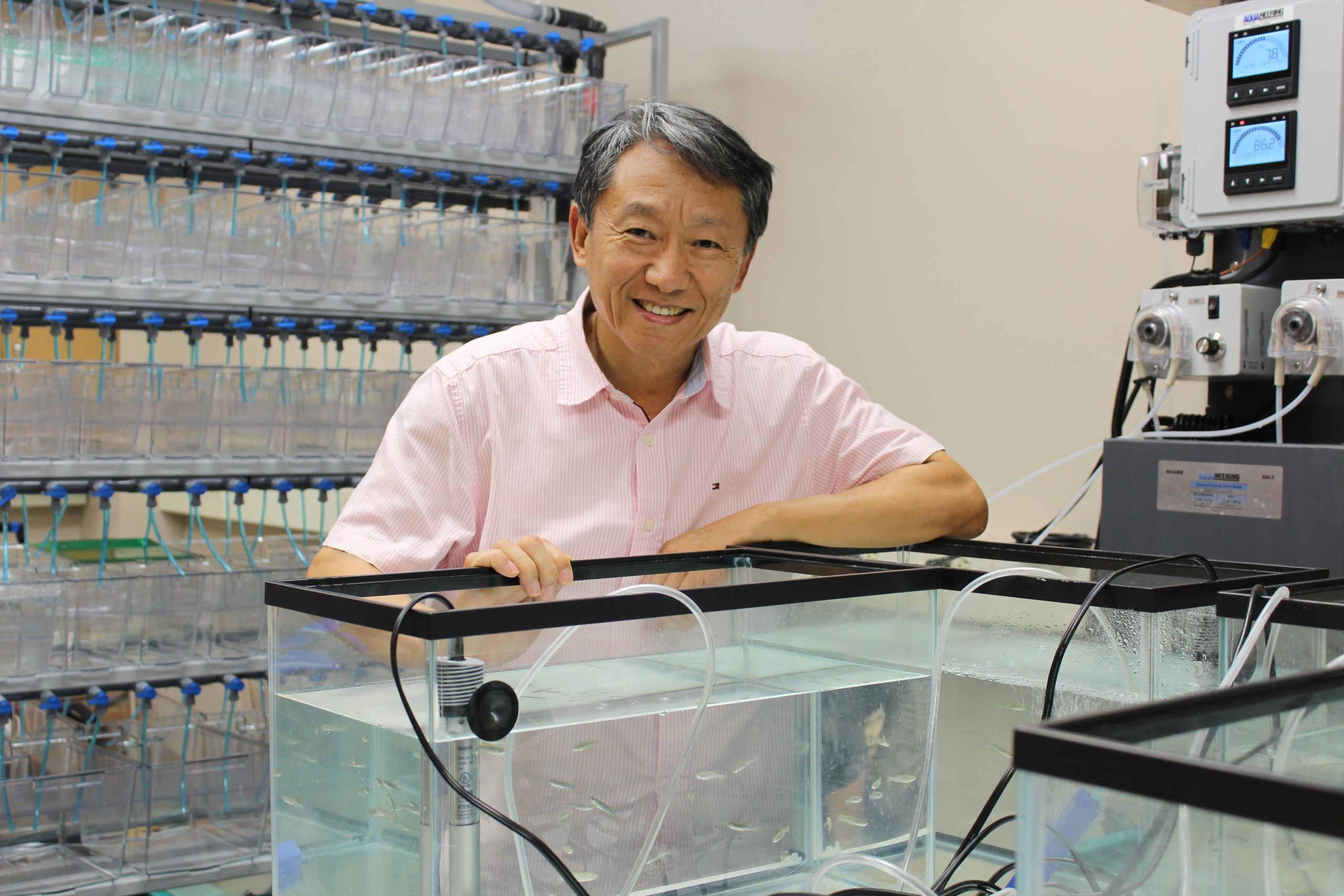UA Little Rock Creates New Concentration in Clinical Biology
The University of Arkansas at Little Rock has created a new concentration in clinical biology to help prepare students for jobs in the health care and medical fields and for advanced graduate degrees.
Students may enter the clinical biology concentration beginning in the fall 2022 semester. This will be the fifth concentration for the Bachelor of Science degree in biology, including general biology, environmental and organismal biology, molecular biotechnology, and secondary education.
Dr. Lei Li, chair of the Department of Biology at UA Little Rock, said the biology faculty saw a need for the new concentration when they saw a shortage of health care and medical staff during the COVID-19 pandemic.
“Health care and medical service personnel are understaffed across the country,” Li said. “I have been in talks with our students and professors about how we can help fill Arkansas’ workforce needs and how to prepare students for the job market and their future graduate education.”
The clinical biology concentration is designed to prepare students to enter the workforce in health care, medical services, and related fields. The concentration can be used to move toward specific graduate programs, employment in governmental agencies, nonprofit organizations, and positions where an integrating clinical biology degree is required.
Students who graduate with the clinical biology concentration can find work in careers such as cardio-respiratory care, cytotechnology, dental hygiene, diagnostic medical sonography, medical laboratory sciences, nuclear medical imaging sciences, physical therapy, physician assistant, and radiologic imaging sciences.
“This new concentration in clinical biology will help prepare students for jobs in hospitals, clinics, labs, and care centers that need more people because of shortages in health care and medicine,” Li said. “We want our students to be prepared for workforce because there are so many opportunities for our students out there.”
In addition to the workforce, students who graduate with this concentration are prepared to pursue advanced graduate degrees in fields like applied biosciences, life sciences, medicine, veterinary medicine, dental science, and physician assistant.
In addition to the foundational biology courses, students in the new concentration will also take at least 17 hours in biology electives like genetics laboratory, human anatomy, neurobiology, toxicology, immunology, biotechnology, plant and human nutrition, and tissue engineering.
